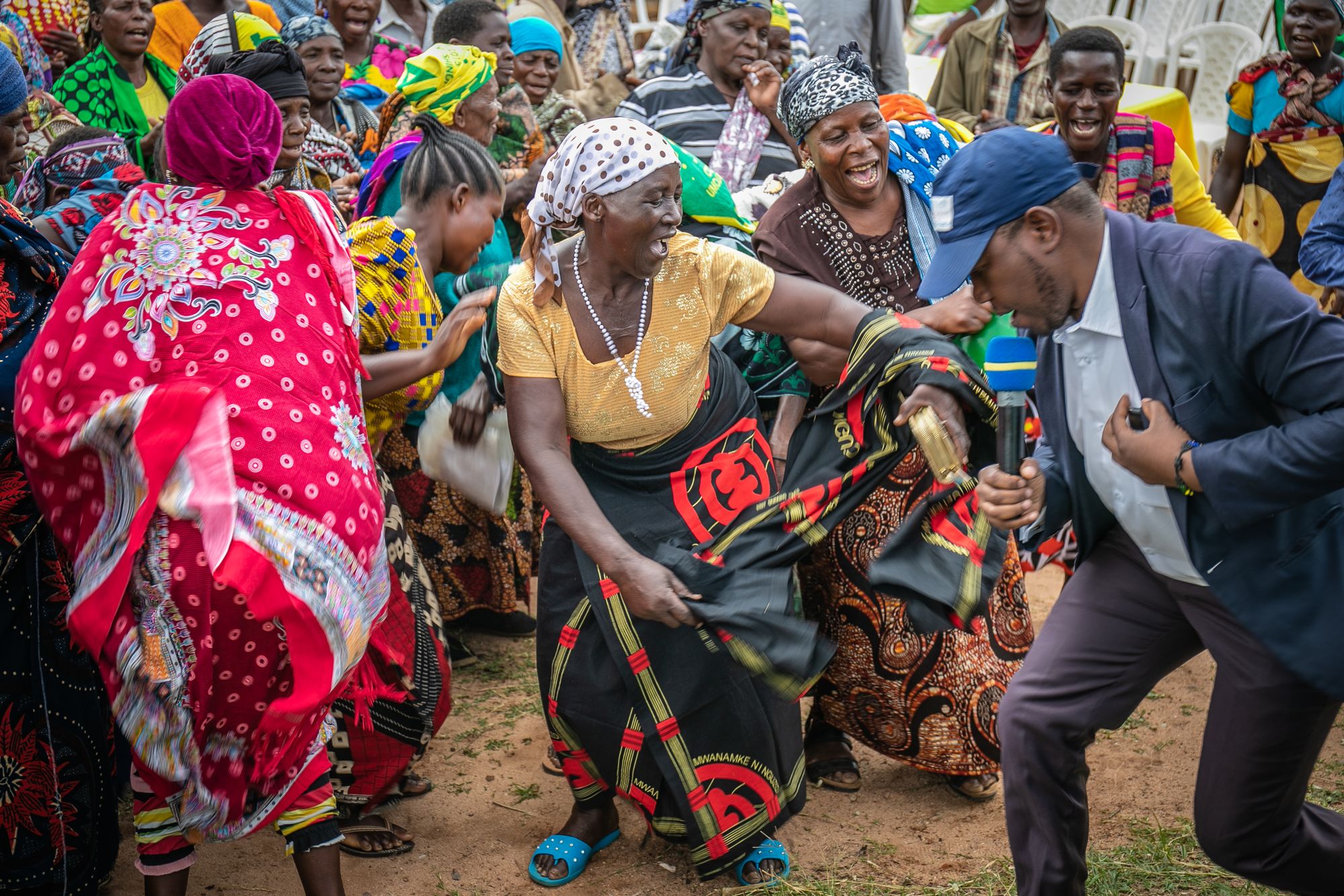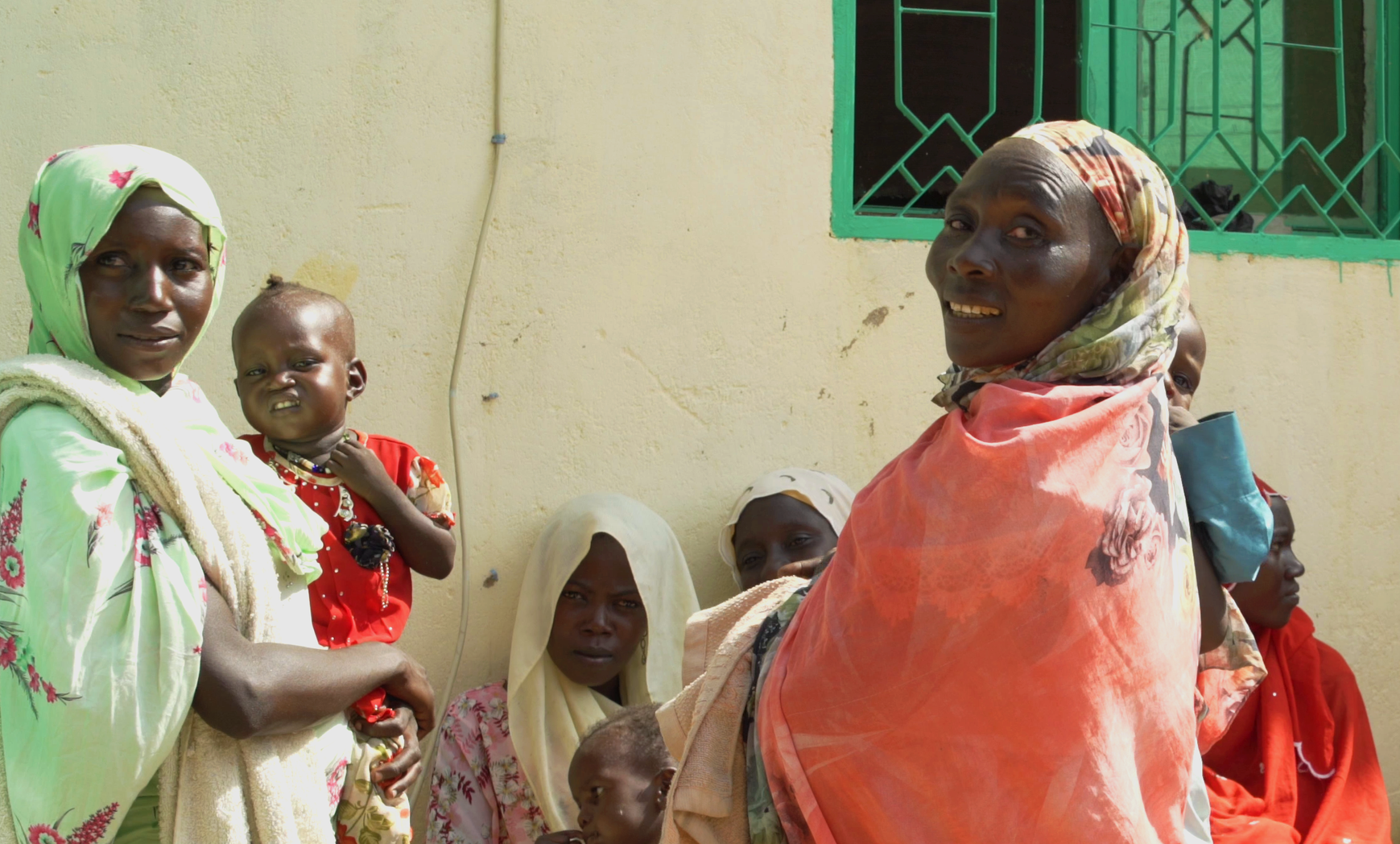Three strategies that contribute to trust-building
Ecosystems are made up of living things, land, weather, and other elements that work together and create environmental balance. They are essential to the way our world works and they demonstrate its interconnectedness. As ecosystems come under increasing stress—from climate change, among other factors—working together to preserve our ecosystems becomes increasingly important, for human health and other reasons. In fact, human health and the health of our planet are inseparable.
One Health is an integrated public health approach that aims to create new surveillance and disease control methods acknowledging that the health of people, domestic and wild animals, plants, and the wider environment (including ecosystems) are closely linked and interdependent. According to the global One Health Advisory Group, a One Health approach is built on collaboration and mobilizes "multiple sectors, disciplines, and communities at varying levels of society.”
Effective collaboration requires strong relationships and relies on cultural, social, and institutional trust. In practice, One Health approaches are spearheaded by national governance platforms led by government ministries, including environmental, health, and animal agencies. Civil society and academia are often included too. DAI’s experience over the past 10 years of working in One Health has shown us that cross-sector trust is often hard won. But strong coordination mechanisms, equity in leadership and budgeting, and joint planning can deepen partnership engagement. Here are three lessons derived from our recent experience on how to foster trust in One Health governance.
Rotate the chairperson across sectors to keep everyone at the table
Most One Health governance platforms have high participation from human health stakeholders, but often limited participation from the environment, water, and wildlife authorities. To keep stakeholders invested in a One Health approach, they must have an active leadership role. One way to achieve this is the increasingly common practice of circulating the chair role across the One Health sectors. Each authority can then commit to the effort, focus its resources, and visualize its place in One Health governance. The global One Health Quadripartite exemplified this approach by moving to include the United Nations Environment Programme in its One Health governance structure and expanding the One Health definition last year.
DAI’s Nitish Debnath, Team Leader for the Fleming Fund Country Grant program in Bangladesh, a veterinarian who pioneered the One Health movement in Bangladesh, said the expansion of the One Health governance approach led by World Health Organization was critical. “If we don’t collaborate, disaster may come at any time. The alliance’s newest definition of One Health underlines the importance of a harmonious balance between people and planetary systems, stewardship, and sustainable solutions. Working together means protecting our health.”
Plan national One Health goals and activities together
Given the diversity of stakeholders included in a One Health governance group, creating common goals and plans helps develop cross-sectoral relationships and inspire an integrated approach to activities, as well as mitigating and managing disagreements and conflict.
Epidemics and disease outbreaks often start in towns, cities, and communities far from government planning departments or bureaucracies. This means communities and civil society must contribute to the planning and operationalizing of a national One Health approach. Our experience implementing the Tackling Deadly Disease in Africa Program reinforced our conviction that civil society and community-based organizations are critical national health security partners because they can build trust between communities and governments, bridge gaps between remote communities and state institutions, and support essential services in hard-to-reach areas.
Support locally led budgeting
Finally, to build trust and thereby strengthen One Health governance, governments must re-examine national budgets and focus more on locally defined needs and priorities. Often, during health emergencies, donor funding flows more generously, which can dilute local agendas or detract from ongoing One Health activities. An influx of short-term funding can disrupt intergovernmental collaboration and encourage departments to return to siloed ways of working. As the One Health Advisory Group expert panel noted, “Currently, the quantity of health security initiatives that receive short-term project funding undermines the utility and sustainability of partnerships.” Donors and national governments must ensure sustainable budgeting across sectors to incentivize collaboration.
One Health is premised on the commitment of diverse stakeholders and sectors to work together to solve shared challenges and preserve our shared ecosystem. COVID-19 demonstrated the importance of a One Health approach, and we emerged from the pandemic with a greater awareness of the cross-sectoral impact of infectious diseases, going beyond human health to encompass far-reaching impacts in everything from economies and livelihoods to education and the rights and welfare of vulnerable populations. Our hope is that this heightened awareness will lead to greater interconnectedness and a greater emphasis on building trust as a building block of One Health governance.







